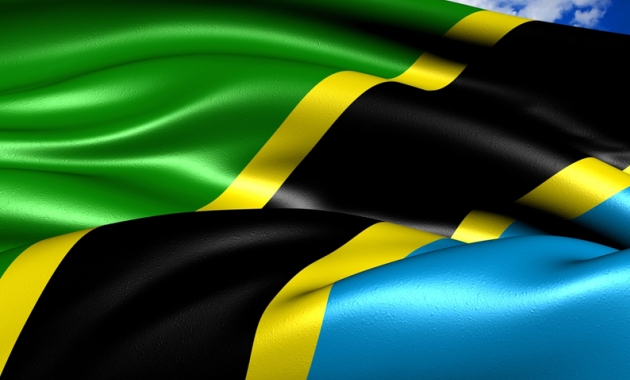Policy Brief | The proposed Electronic and Postal Communications (Online Content) Regulations, 2017 join the catalogue of legislation related to online content in Tanzania that threaten citizens’ constitutionally guaranteed rights to freedom of opinion and expression and the right to seek, receive and impart information. The regulations were developed pursuant to section 103(1) of the Electronic and Postal Communications Act, 2010 (EPOCA), which empowers the Minister of Communications to make regulations on content related matters. Enacted in March 2010, the EPOCA aims to keep the communications sector abreast with developments in the electronic communications industry by providing for a comprehensive regulatory regime for electronic communications and postal communications service providers.
The regulations specify obligations of service providers and users of online platforms including social media, discussion forums, and online broadcasts (radio and television). They also confer powers upon the Tanzania Communications Regulatory Authority (TCRA) to regulate online content, including through registration of users and platforms, and taking action against non-compliance with the obligations, such as ordering the removal of “prohibited content.”
The regulations have some important provisions and set minimum standard requirements with regards to the protection of children online, fighting hate speech and extremism online, and promoting user responsibility and digital security practices. However, the regulations should to reviewed and amended to have clear, unambiguous definitions and wording, and quash the requirement for registration of bloggers and users of similar online platforms. It is also essential that not too much power is vested in TCRA with regards to content take-downs and that diversity in content availability online is promoted. The obligations set out should not turn content service providers and publishers into monitors, by handing them responsibility such as use of moderating tools to filter content, conducting content review before publication, and undertaking mechanisms to identify sources of content.
Moreover, there should be a clear appeal mechanism against orders to remove or block content, and such remedial measures should also be applicable once an order for blockage or removal has been issued but not yet been effected. Overall, the regulations should uphold citizens’ rights to privacy, access to information and free expression. Furthermore, TCRA, pursuant to EPOCA’s objectives of promoting a developed telecommunications sector in Tanzania, should ensure that the regulations foster internet access and affordability without placing undue requirements on service providers or making costs prohibitive, which would act as a barrier to market entry, including for public access facilities such as internet cafes.
Read CIPESA’s analysis of the implication on access to the internet, intermediary liability, user privacy, censorship, surveillance and freedom of expression of the proposed regulations in Tanzania.

